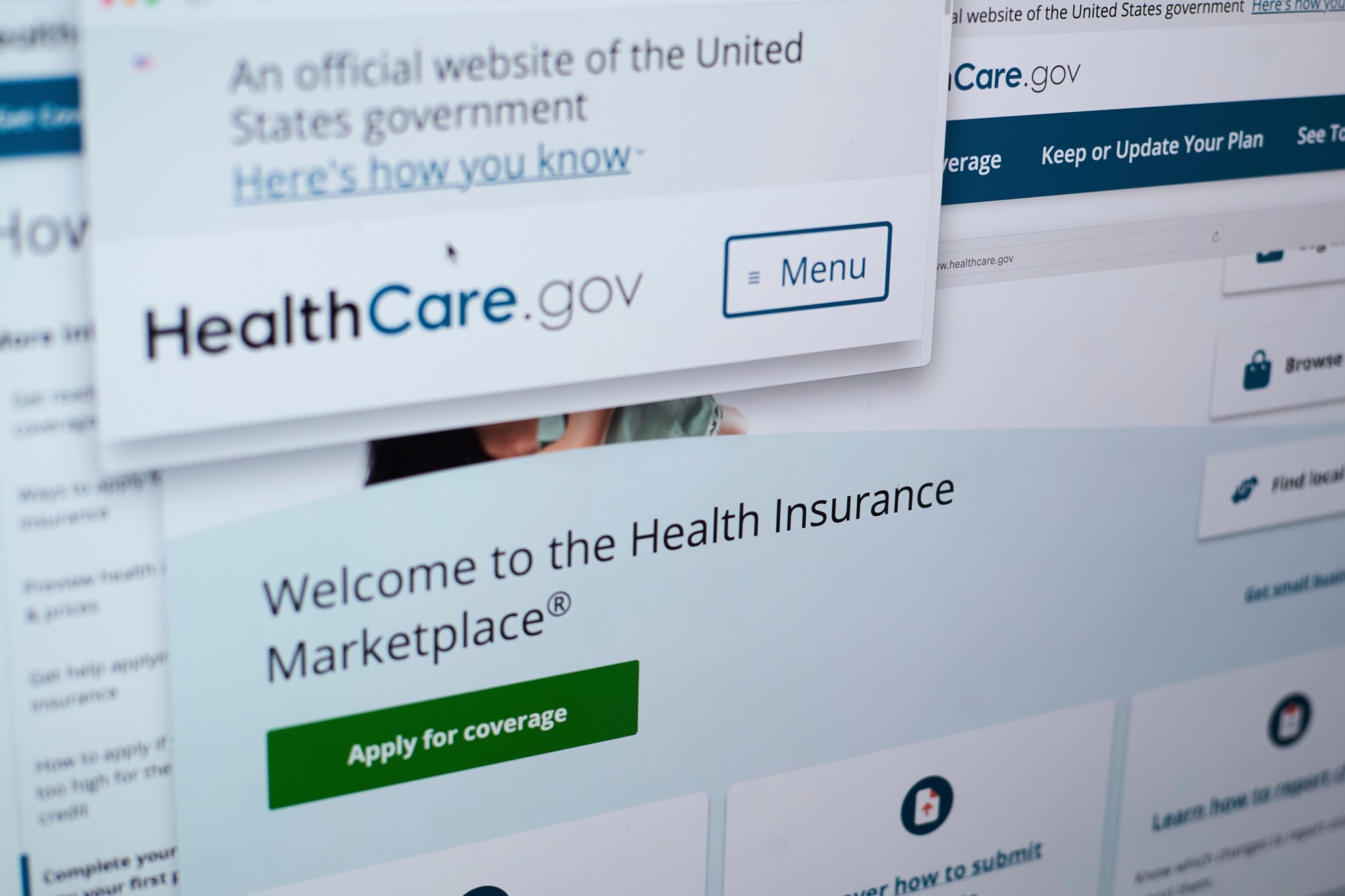The ongoing open enrollment period for 2026 health insurance is causing significant concern among millions of Americans. Following the expiration of expanded Affordable Care Act (ACA) subsidies, many individuals are experiencing drastic increases in their health insurance premiums. These changes come as the subsidies, which previously capped premiums at 8.5 percent of income, are set to revert to levels last in place in 2021, impacting approximately 22 million people.
With the expected annual cost of the expanded subsidies approximating $35 billion, the withdrawal of this financial support is forcing patients to confront steep premium hikes. Reports indicate that some individuals are facing increases that are several times higher than what they paid the previous year. Those whose costs have merely doubled express a sense of relief compared to others.
In Colorado, retiree Jeff Rowan shared his experience, noting that his premium for a health plan on the state insurance exchange has skyrocketed from $350 per month to nearly $900. Faced with this reality, Rowan switched to a plan offered by his pension, which costs $700, still representing a 100 percent increase. “It’s a completely fear-based decision,” he stated, reflecting the daunting choice many face in the current climate.
The situation is similarly dire for small-business owner Galen Perkins in Wisconsin. After experiencing a medical emergency years ago due to forgoing insurance, Perkins now finds himself paying a 25 percent increase in his ACA premium. He anticipates that many will need to tighten their budgets drastically, prioritizing basic necessities over discretionary spending. “We’re just going to buy food, pay rent, pay health insurance, and that’s it,” he remarked, predicting a negative impact on the overall economy.
Frustration is rising among constituents, prompting some to seek assistance from their elected officials. Rep. Seth Magaziner (D-RI) reported hearing alarming stories of premium increases from constituents. One retired marketing executive, for instance, is looking at a jump from $600 a month to over $2,120, while a small business owner is facing an 89 percent rise in premiums. Magaziner emphasized that these price hikes threaten household budgets across the country.
Staff for Sen. Michael Bennet (D-CO) also noted a surge in inquiries from constituents regarding health care costs, receiving over 3,200 messages this month alone. Bennet stated, “Working families are already struggling to get by as the costs of childcare, rent, and groceries continue to skyrocket,” urging the need to extend ACA premium tax credits to alleviate the burden on families.
In a contrasting view, former President Donald Trump voiced his opposition to the current system, advocating for a direct return of funds to the people rather than to insurance companies. He claimed that individuals should be allowed to negotiate their insurance directly, dismissing the idea of maintaining the existing structure.
Republican lawmakers are reportedly exploring alternatives, including providing flexible savings accounts that individuals could use to negotiate prices. Critics argue that this proposal may not effectively address the problem, as most individuals may end up returning the funds to insurance companies that dominate the market.
The implications of the end of ACA subsidies extend beyond those who are uninsured. Dr. Vikas Saini, president of the Lown Institute, noted that those who remain insured may be sicker on average, leading to a poorer risk pool and ultimately higher premiums for everyone. The Congressional Budget Office (CBO) has projected an uptick in insurance costs as millions drop their coverage due to affordability issues.
This scenario also reverberates through employer-sponsored insurance plans. For instance, an employee in central New York reported a 30 percent increase in his employer-provided insurance, while colleagues with family plans are facing even steeper costs. The rising premiums, combined with the overall economic climate, have left many questioning the long-term viability of their health insurance coverage.
In Portland, Oregon, a worker shared his struggles with the rising costs of ACA bronze plans. With premiums reaching around $420 a month, he found that the coverage would not meet his basic needs. Although he managed to secure insurance through his wife’s plan, the additional cost of $500 has added to their financial strain. “It’s just so brutal,” he remarked, highlighting the challenges faced by many families.
The potential rollback of protections related to pre-existing conditions adds another layer of uncertainty for individuals like him, especially as some Republicans propose short-term insurance plans that lack such coverage requirements. The recent relaxation of regulations by the Trump administration has further complicated the landscape.
As the open enrollment period continues, the pressures on American households are palpable. Individuals and families are left grappling with the consequences of rising health insurance costs, which threaten their financial stability and access to necessary care. The ongoing debate surrounding health care reform underscores the urgent need for solutions that can effectively address these escalating challenges.







